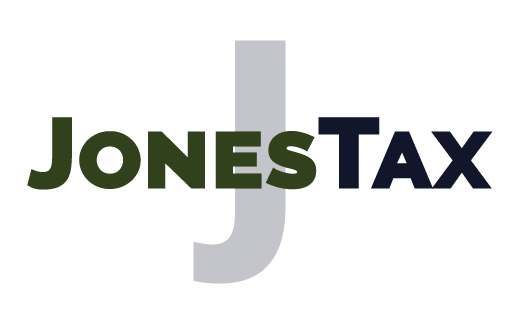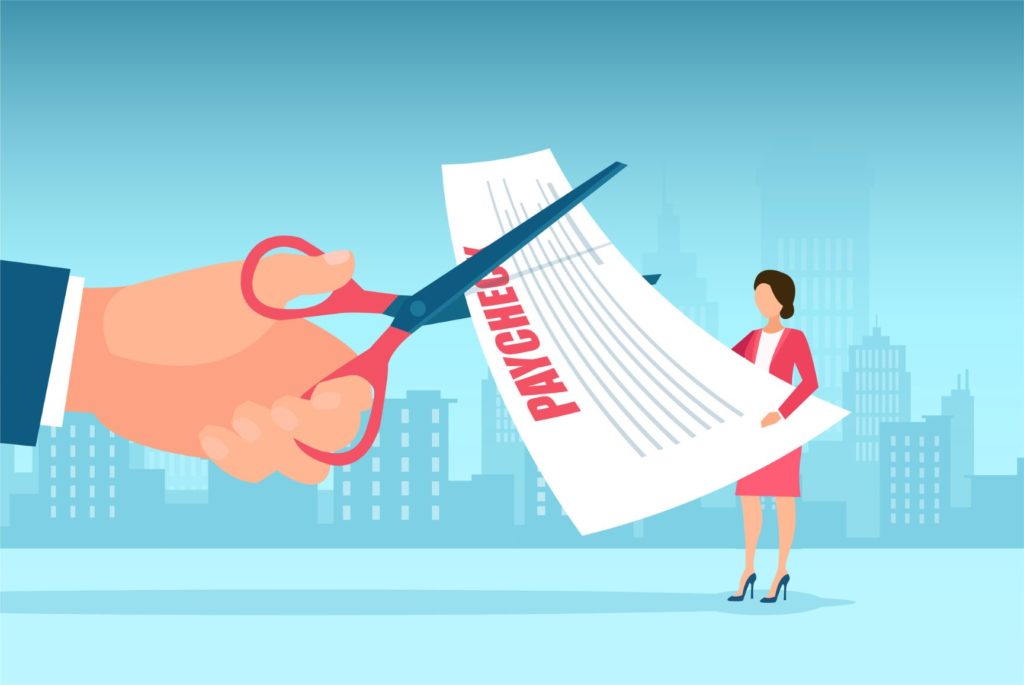Wage garnishments and bank levies are two of the most common methods creditors, including the IRS, use to get paid for delinquent accounts. These are legal actions creditors can take when you’ve failed to pay a debt.
What Is Wage Garnishment?
Wage garnishment is a court issued order that requires your employer to withhold a portion of your paycheck and send it directly to the person or institution you owe money to. Your employer cannot refuse to follow through on a wage garnishment order and unless you stop it, it will continue until your debt is paid in full.
What Is A Bank Levy?
A levy is a legal seizure of your property to satisfy a debt. A bank levy allows a creditor to withdraw money from your bank account without your permission to settle an outstanding debt. Your bank will freeze the funds in your account and send that money to the creditor.
Who Uses Garnishments & Levies?
Both private creditors (credit card lenders, child support and spousal support recipients) as well as government agencies can use garnishments and levies.
Private creditors must first get a court order to use garnishments or levies against you. That means they must first sue you and win a judgment. Government agencies, such as the IRS, do not need to get a court order but they must still give you notice of their intentions and provide you with a reasonable amount of time to repay or dispute the debt you owe.
How Covid-19 has Affected Levies & Garnishments
In the beginning of the pandemic many states placed a temporary suspension on wage garnishments and levies. Child support and spousal support were excluded from most of these holds and the exact rules varied from state to state. Many states were suspending both new and existing garnishments. However, some states have quietly started using garnishments and levies once again. Do not let the current pandemic catch you off guard in regards to your tax situation. If you have received a notice in regard to your state taxes, do not ignore it. Please call a tax professional or contact your state to be advised of important options and dates in regard to your case.
To request the release of an IRS tax levy due to a coronavirus hardship, you are advised by the IRS to contact your revenue officer point of contact or fax 855-796-4524 and follow these instructions.
How to Stop an IRS Levy
An IRS levy allows for the legal seizure of your property to repay a tax debt. It can garnish your wages, take money from your bank or other financial account. It can confiscate and sell your vehicles, real estate and other personal property as well. A levy can continue until your debt is completely repaid, and can be used repeatedly.
If you receive an IRS bill titled Final Notice of Intent to Levy and Notice of Your Right to A Hearing, it’s important that you contact the IRS or a professional tax consultant for advice right away. If you owe the IRS, a tax settlement may be your best option to avoid or stop bank levies and wage garnishments. A tax settlement is an arrangement with the IRS to make a one-time upfront lump sum payment to resolve tax debt during a set timeframe or to make small payments over time if you meet certain criteria.
Get Help with Taxes the IRS Says You Owe
You don’t have to negotiate with the IRS alone. Get an experienced tax debt professional to help you negotiate a settlement. At Jones Tax Solutions, we can help. It may be possible for us to negotiate a tax debt settlement for much less than you owe. Contact Tyler Jones today at (320) 327-8409 or send us a message online for a private consultation about your tax settlement options.
Information contained in this blog is not to be taken as legal, financial, accounting or tax advice.

